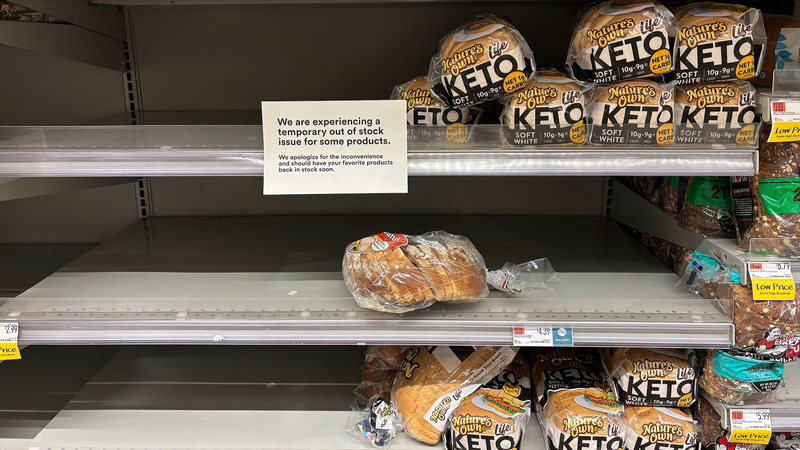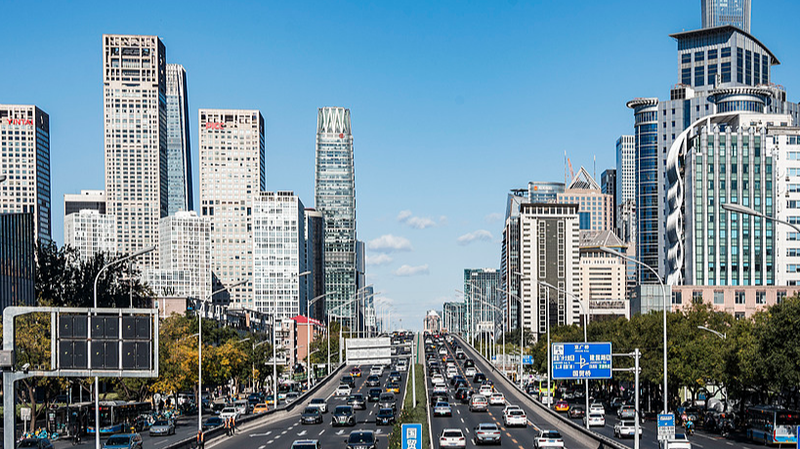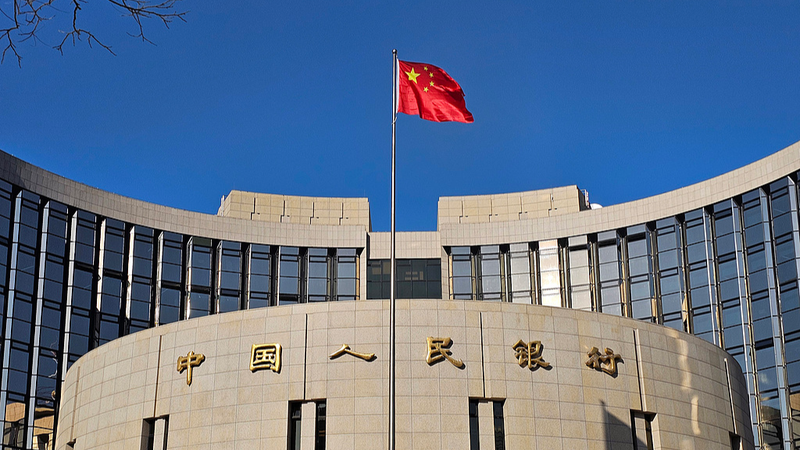US policymakers are eyeing steeper tariffs on certain imports, a move that could have far-reaching effects beyond Washington. While the government aims to protect domestic industries, economists warn of an unintended consequence: higher inflation for consumers and businesses worldwide.
Why Tariffs Matter
Tariffs act like a tax on imports. If duties rise from 10% to 25% on key goods—electronics, machinery and consumer products—the extra cost often gets passed down the supply chain. Producers pay more for imported components, and retailers face higher wholesale prices, ultimately leading to steeper bills at checkout.
Global Ripple Effects
Manufacturers in the Chinese mainland, Europe and other exporting hubs could see demand dip as US buyers hesitate at higher price tags. Small businesses in the US may struggle to absorb new costs, potentially cutting jobs or scaling back investments.
What It Means for You
From pricier smartphones to costlier coffee beans, everyday items could inch up in price. Digital nomads planning their next adventure might face higher gear and gadget costs, while entrepreneurs should brace for tighter supply chains. Tracking price trends and diversifying suppliers can help businesses and consumers navigate this tariff-driven shake-up.
As global citizens, staying informed on trade policy shifts is key. While tariffs aim to bolster domestic production, the broader fallout reminds us of our interconnected economy—and that policy changes in one nation can ripple across the world.
Reference(s):
cgtn.com




